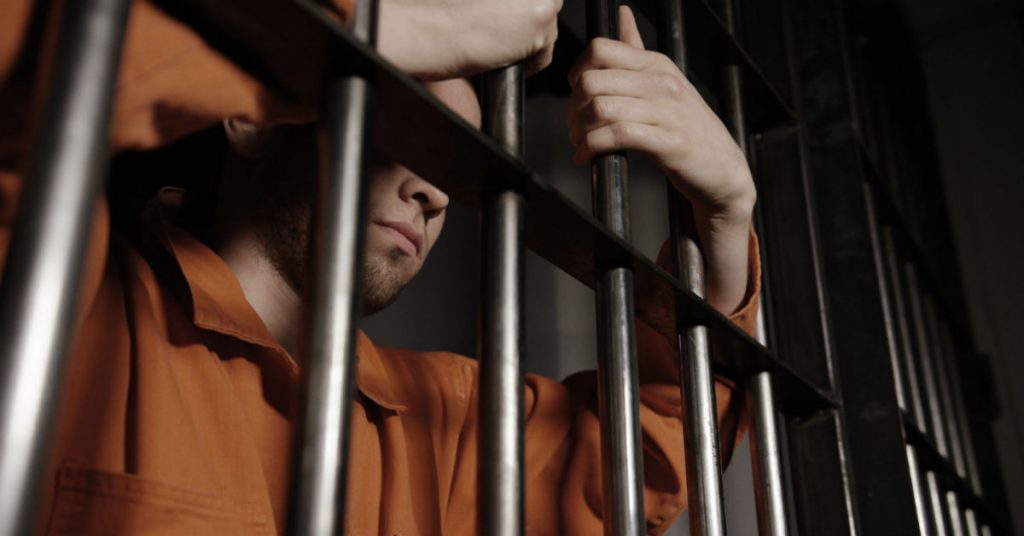
Your life has become a horrifying nightmare, and you can’t believe it: word has gotten around that those friends your teenager is hanging out with may be part of a gang. At first you pry, but you don’t act…the last thing you want to do is make your teen more secretive without any proof. But before long your child is acting out, spending more time away from home, getting into trouble, and even coming home with bruises and expensive items, none of which is explained.
Gangs are not some fictional threat in after school specials. Nor are they all big names like the Bloods, Crips, or Latin Kings. Smaller gangs, sometimes affiliated with larger organizations across the US, are regularly popping up all over the country. Even in smaller cities or towns, gang violence is a reality that is tearing families apart, and leaving our youth facing felonies, jail time, or even death.
Here are some things all parents should know, especially if you suspect your teen has joined up with a gang, or is at risk of doing so.
The Very Real Threat Of Gang Crime
In 2014, an alarming story was released. According to a study, 40% of the shootings in New York City were linked in some way to gang violence specifically perpetrated by youth offenders. That means that teenagers between the ages of 12 and 20, as part of more than 300 gangs in the city, were responsible for almost half of all shootings in NYC.
Though studies have found a decline in street gang activity across the US since the 1990’s, that doesn’t stop the problem. On the contrary, a survey found that more than a million young people are participating in gang violence which is a shockingly high number. A number which law enforcement says is likely a gross underestimation thanks to the constant flux of juveniles in and out of gangs, rehabilitation programs, jail, and even morgues.
You can begin to see the picture forming, and it isn’t a good one. Gang members have lower life expectancies, higher rates of incarceration, and fewer future prospects than others within their age range. It is critical to find out if your teen has joined a gang, and to address the problem as soon as possible.
How To Know If Your Teen May Have Joined a Gang
While there is no criteria to be 100% certain short of catching your teen in the act (or a police officer doing so), there are some signs that your teen may be active within a gang:
- They are spending time with known gang members. This is the most common and obvious sign, and also the most telling. Gangs tend to stick together, and are not quick to connect with outsiders. If your teen has been spending a lot of time with gang members, he is most likely affiliated in some way.
- They are showing stereotypical “gangster” behaviors for the region. While this sign can be hit and miss, a sudden interest in specific clothing, music, or use of language typically associated with gangs in your region can be a sign that they are at least interested in the culture.
- They have a sudden group of new friends you don’t know. Has your teen isolated themselves from their old friends for no apparent reason? Are they hiding their new friends, or details about them? Do they only refer to them by nicknames, and refuse to give your further details?
- They are acting out in alarming ways. Gangs are not a bubble that separates your teens behavior while out from their behavior at home or school. They will begin to act out in ways that are noticeable, such as getting into repeated trouble with authority, fighting, or becoming habitually truant. Their attitude with you could become aggressive or violent.
- They are bringing home items you didn’t buy them. An occasional video game acquired from a friend isn’t unusual. But if your teen is bringing home items, or you find items in your room you didn’t buy them and they can’t afford, those items are coming from somewhere. The same goes for sudden flushes of unexplained cash.
- They have paint on their clothing, skin, or shoes, or you find spray cans in their room, or in their car or bag. This does not immediately mean they are in a gang, though it is a sign they are participating in tagging, a form of illegal graffiti for bragging rights.
These are some of the signs you can look for. If one or more is present, there is a chance your teen has joined a gang.
What You Can Do
It isn’t easy to turn your teen around once they have taken this path. But it isn’t impossible, either. There are parenting courses that can assess risk and help to intervene. With these tools at your disposal you will be better equipped to deal with the core problem that led to your child joining a gang in the first place.
Experts also suggest working with an educator that is aware of the regional gang problems to address the issue.
In the end, it is important that you identify the problem, and get help as soon as possible for your teen. Learn more at Parenting Center.










Speak Your Mind